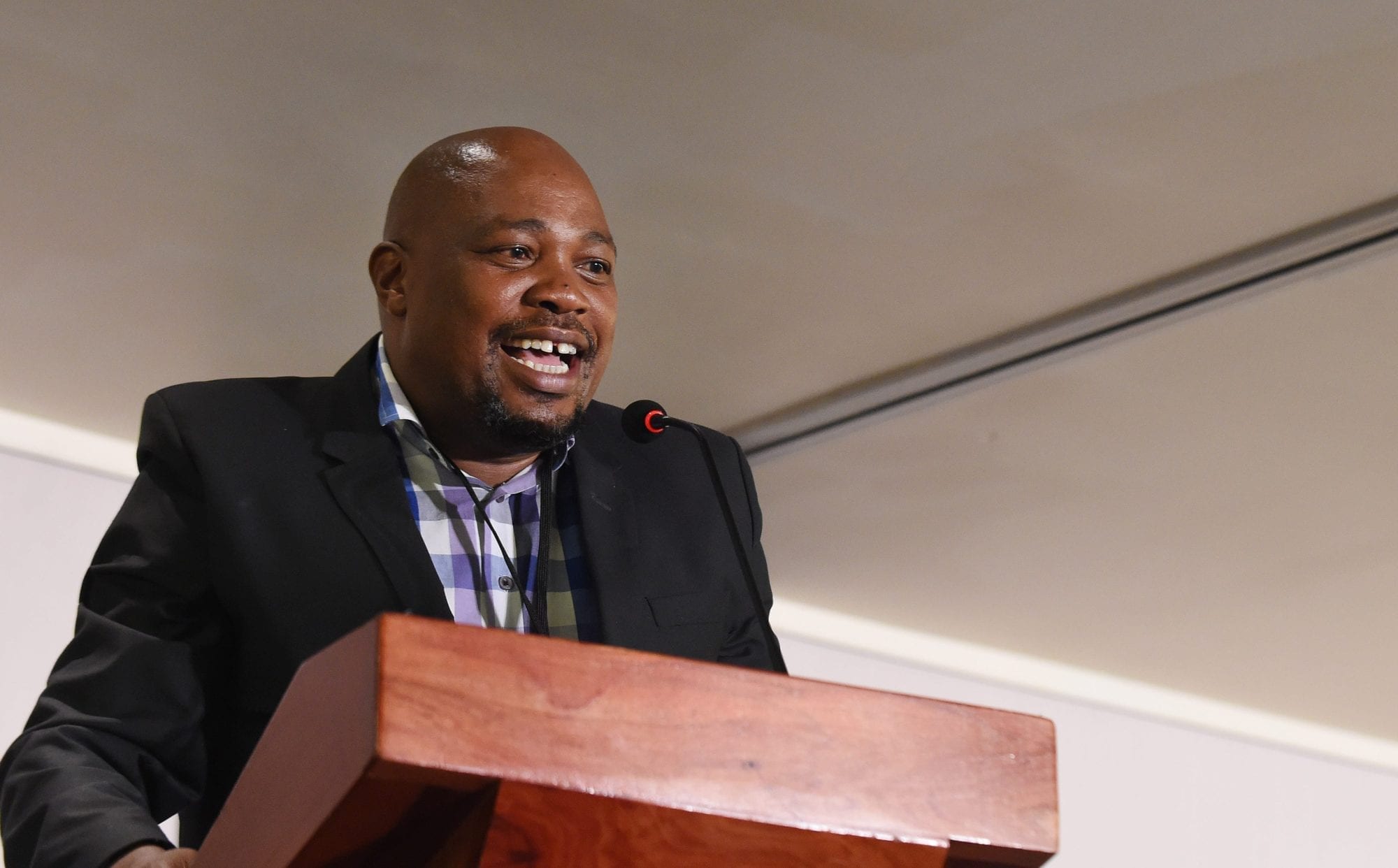An estimated 998,000 African migrants entered South Africa between 2011 and 2015, says Mondli Hlatshwayo, coordinator with the Center for Education Rights and Transformation at the University of Johannesburg, where he researches community and trade union education, especially strengthening and building grassroots justice formations.
But although labor migration from Africa has historically been a male-dominated phenomenon, the pattern has changed significantly in recent decades.
“African women are leaving their countries of birth to create new lives elsewhere. Economic opportunities are primarily available in child care,” and domestic work, he says.
Speaking this morning at the first day of the Solidarity Center conference on fair labor migration, Hlatshwayo provided a detailed overview of migration flows in southern Africa, especially what he describes as the “feminization of migration,” a key focus of the January 25–27 conference’s opening day.
Nearly half of all migrant workers are women, with the feminization of migration increasing in Africa over the past few decades as women seek to support their families. Yet “the situation is worse for women immigrants” who face exploitation based on their sex, he says.
Hlatshwayo described the experience of Pamela Khumalo, a woman migrant worker working in South Africa’s early childhood development sector, who described both her struggle and her courage:
“We have to persevere. Resilience keeps us going. We have to survive against all odds and that has to do with the fact that there are no job and economic opportunities in Zimbabwe. We survive violence on the way to South Africa, because we are looking for work.”
Read Hlatshwayo’s full presentation here.

